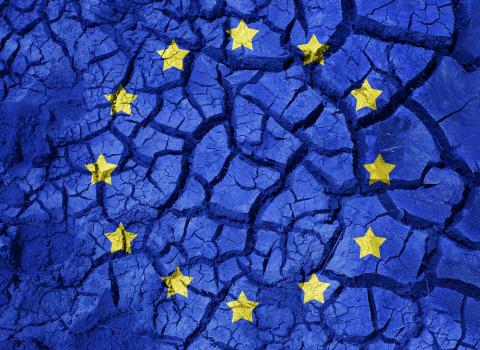Pure independent research depends on the guarantee of its free exercise. This touches the most serious issue of protecting the fundamental rights of researchers.
However, there are still many cases around the world that prove that researchers are specifically threatened because of their research activities. Their freedom of thought, speech and, sometimes, movement are being called into question and sometimes, even their safety is at stake.
These violations are clearly contrary to international commitments. Freedom of research is subject to numerous laws or recommendations voted in various countries of Europe or by the United Nations with the UNESCO Recommendation concerning the Status of Higher Education Teaching Personnel of 1997.
Europe has translated this obligation by developping a framework programme which offers researchers the opportunity to carry out their activities and to disseminate their results, in conditions of independence and serenity. The European Parliament, on the 29th of November 2018, and the European Research Ministers, by the Bonn Declaration on Freedom of Scientific Research, signed on the 20th of October 2020, have assumed the same commitment. In 2019, the Alliance of Science Organisation in Germany published “Ten Principles for Freedom of Science”, which emphasize that the special freedom of science call for the responsibility of researchers and research institutions concerning ethical questions, self-regulation and scientific integrity.
Therefore, the G6 network, which brings together the main European research organisations - Consiglio Nazionale delle Ricerche, Centre national de la Recherche Scientifique, Consejo Superior de Investigaciones Científicas, Helmholtz-Gemeinschaft Deutscher Forschungszentren, Leibniz-Gemeinschaft, Max-Planck-Gesellschaft - and represents 135 000 professionals, commits itself solemnly and continually for the essentiality of the principle of freedom of research.




 A unique international forum for public research organisations and companies to connect their external engagement with strategic interests around their R&D system.
A unique international forum for public research organisations and companies to connect their external engagement with strategic interests around their R&D system.